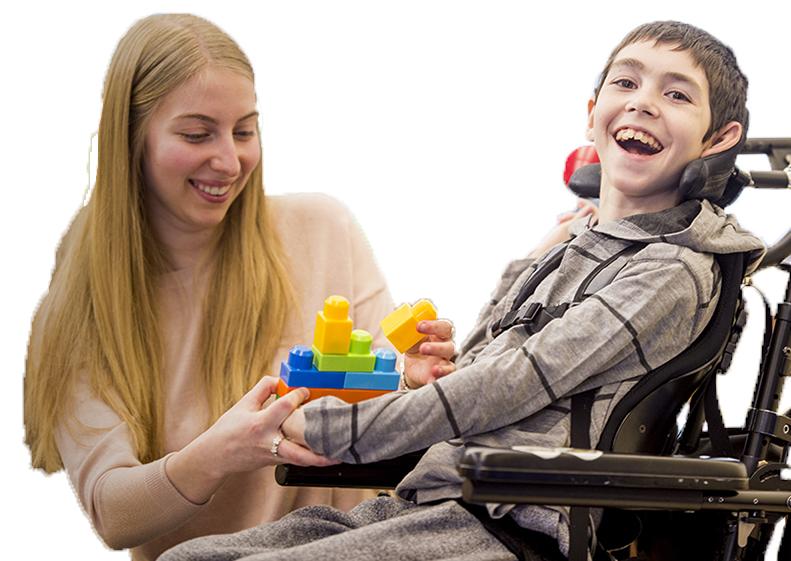Resources Directory
Search below to find a hospital, doctor, therapy, and more

National Institute of Neurological Disorders and Stroke (NINDS)
NIH Neurological Institute / Brain Resources and Information Network (BRAIN):
"The National Institute of Neurological Disorders and Stroke (NINDS) conducts and supports research on brain and nervous system disorders. Created by the U.S. Congress in 1950, NINDS is one of the more than two dozen research institutes and centers that comprise the National Institutes of Health (NIH). The NIH, located in Bethesda, Maryland, is an agency of the Public Health Service within the U.S. Department of Health and Human Services. NINDS has occupied a central position in the world of neuroscience for more than 50 years.
Cerebral Palsy Information Page at NINDS
More than 600 disorders afflict the nervous system. Common disorders such as stroke, epilepsy, Parkinson’s disease, and autism are well-known. Many other neurological disorders are rare-known only to the individuals and families affected, their doctors, and scientists who look to rare disorders for clues to a general understanding of the brain as well as for treatments for specific diseases. Neurological disorders strike an estimated 50 million Americans each year, exacting an incalculable personal toll and an annual economic cost of hundreds of billions of dollars in medical expenses and lost productivity.
The mission of the NINDS is to reduce the burden of neurological disease—a burden borne by every age group, every segment of society, and people all over the world. To accomplish this goal the NINDS supports and conducts basic, translational, and clinical research on the normal and diseased nervous system. The Institute also fosters the training of investigators in the basic and clinical neurosciences, and seeks better understanding, diagnosis, treatment, and prevention of neurological disorders.
Some important areas of NINDS basic research include: biology of the cells of the nervous system, brain and nervous system development, genetics of the brain, cognition and behavior, neurodegeneration, brain plasticity and repair, neural signaling, learning and memory, motor control and integration, sensory function, and neural channels, synapses, and circuits. NINDS supports many specific research projects and research resources that accelerate preclinical therapy development.
Clinical research applies directly to mechanisms of the diseases of the nervous system which can then be translated into disease detection, prevention, and treatment, such as studies of brain imaging techniques, trials to test new drugs, and development of novel therapies such as stem cell implants and gene transfer. Some key areas of NINDS clinical research include: neurological consequences of AIDS, Alzheimer’s disease, brain tumors, developmental disorders, epilepsy, motor neuron diseases, muscular dystrophies, multiple sclerosis, neurogenetic disorders, pain, Parkinson’s disease and other neurodegenerative disorders, sleep disorders, spinal cord injury, stroke, and traumatic brain injury.
Most NINDS-funded research is conducted by extramural scientists in public and private institutions, such as universities, medical schools, and hospitals. NINDS intramural scientists, working in the Institute’s laboratories, branches, and clinics, also conduct research in most of the major areas of neuroscience and on many of the most important and challenging neurological disorders. NINDS serves as a prime source of neurological information for scientists, clinicians, and the public."
TTY: (301) 468-5981
